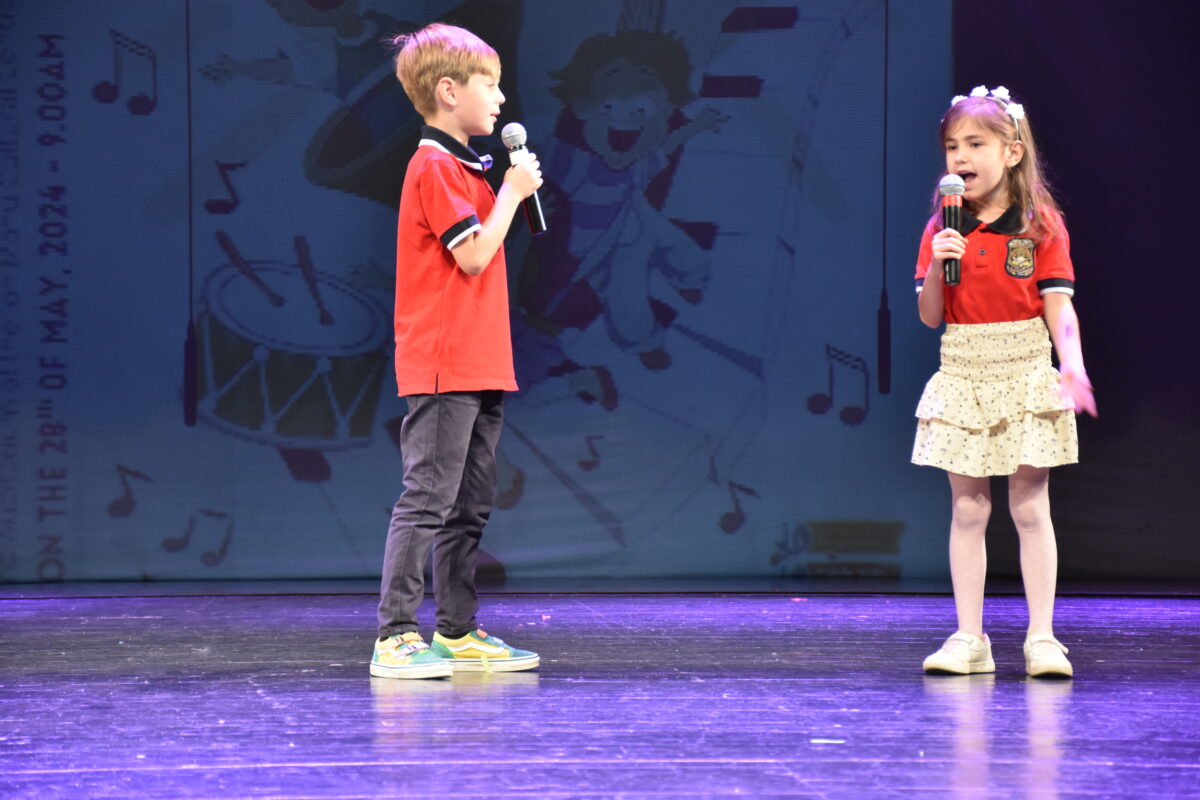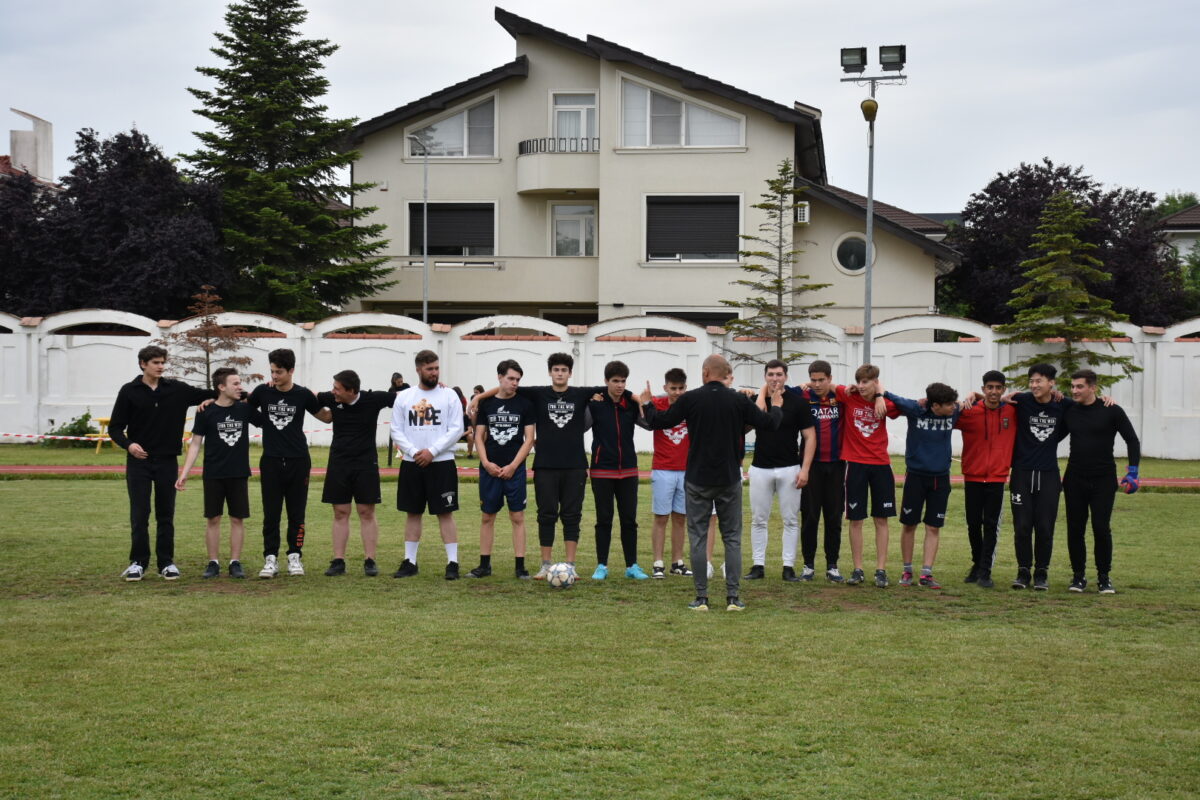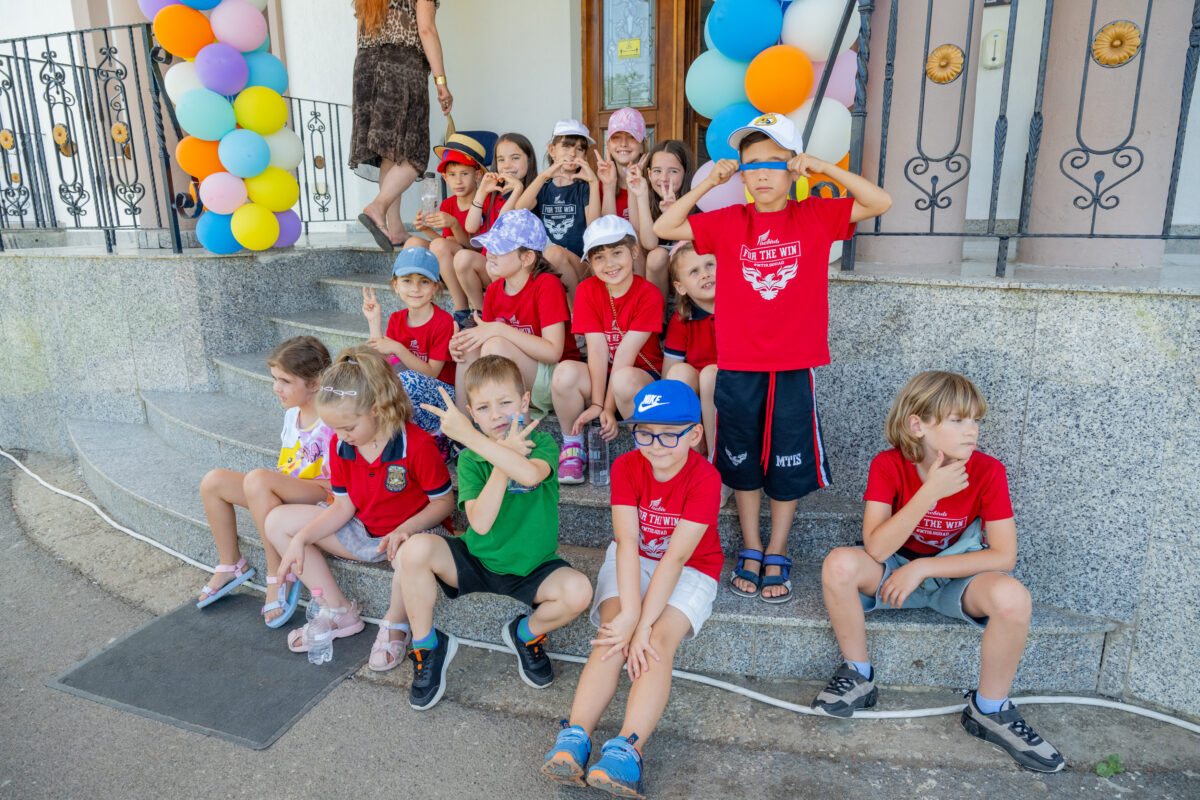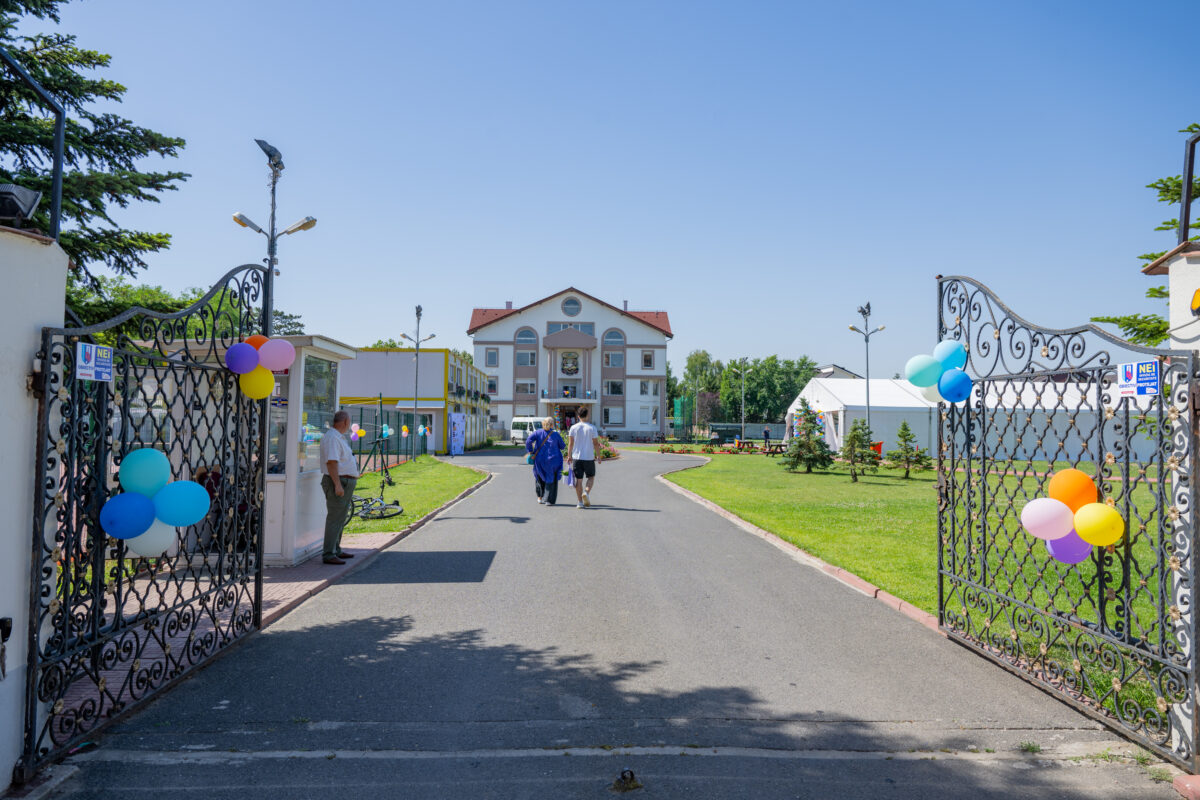The landscape of education is always evolving, yet some truths remain constant. Among the most important discoveries in modern education is the power of emotional intelligence in shaping a student’s academic journey and overall development. While academic knowledge and technical skills are fundamental, it is increasingly clear that emotional intelligence—often called EQ—plays a defining role in how students learn, interact, and succeed both inside and outside the classroom.
Emotional intelligence is not a single skill but a set of abilities that allow individuals to recognize, understand, express, and manage their own emotions, as well as to recognize and respond to the emotions of others. These abilities are essential for building strong relationships, managing stress, resolving conflicts, and making responsible decisions. As the world grows more interconnected and complex, emotional intelligence becomes even more critical for students navigating school, friendships, family life, and eventually the workplace.
This article will explore what emotional intelligence is, why it matters in education, how it can be cultivated in schools, and the lasting benefits it brings to students and society.
Understanding Emotional Intelligence
Emotional intelligence can be described as the ability to identify, understand, and regulate emotions in oneself and others. It includes several components, such as self-awareness, self-regulation, motivation, empathy, and social skills. Self-awareness allows students to recognize their feelings and understand how these emotions affect their behavior and learning. Self-regulation helps them manage impulses, stay focused, and handle frustration. Motivation refers to the drive to achieve goals and persist in the face of challenges. Empathy is the ability to sense and understand the feelings of others, while social skills enable positive interactions and effective collaboration.
These components are interrelated and develop over time, influenced by a child’s environment, relationships, and experiences. While some aspects of emotional intelligence may come naturally, most can be learned and strengthened with guidance and practice. Schools, families, and communities each have a vital role to play in this process.
Why Emotional Intelligence Matters in School
Academic achievement is often the most visible goal of education, but emotional intelligence shapes every aspect of a student’s experience. Students who can manage their emotions are better able to concentrate, solve problems, and persevere through difficulties. They are less likely to become overwhelmed by stress or discouraged by setbacks. In classrooms where emotional intelligence is nurtured, students feel safer, more supported, and more engaged.
The benefits of emotional intelligence extend beyond academic performance. Students who are emotionally intelligent tend to have healthier relationships with peers and teachers. They communicate more effectively, resolve conflicts peacefully, and show greater understanding toward others. Empathy and respect are the foundations of a positive school culture, and emotional intelligence helps cultivate these qualities in every student.
Emotional intelligence also contributes to resilience. Life is full of changes, challenges, and disappointments, and students who have developed emotional skills are better prepared to cope. They can adapt to new situations, recover from failures, and maintain a positive outlook even in the face of adversity. These abilities are crucial not just in school, but throughout life.
Emotional Intelligence and Academic Success
The link between emotional intelligence and academic achievement is well-documented. Students with high emotional intelligence are more likely to set goals, stay motivated, and manage time effectively. They are able to handle the pressure of exams, organize their work, and seek help when needed. Emotional self-regulation enables them to recover from mistakes and view challenges as opportunities for growth rather than as threats to their self-esteem.
In group projects and class discussions, emotionally intelligent students listen actively, respect diverse perspectives, and contribute constructively. Their ability to empathize with others fosters collaboration and teamwork, which are increasingly important in modern education and the workplace. In classrooms that emphasize emotional intelligence, learning becomes a shared, supportive endeavor rather than a competition.
Teachers who model emotional intelligence by expressing their feelings honestly, managing classroom dynamics calmly, and showing understanding toward students create environments where everyone can thrive. These classrooms are characterized by trust, openness, and a willingness to take risks in learning.
Building Emotional Intelligence in Schools
Cultivating emotional intelligence requires intention and consistency. Schools can integrate emotional learning into the curriculum through dedicated programs, class discussions, literature, role-playing, and real-life problem-solving. Teaching students to identify and name their emotions is a powerful starting point. Once students can recognize what they are feeling, they are better equipped to manage those emotions.
Mindfulness practices, such as breathing exercises and guided reflection, help students develop self-awareness and emotional regulation. Encouraging students to pause and consider their feelings before reacting helps prevent impulsive decisions and promotes thoughtful responses. Teachers can model these behaviors, demonstrating how to stay calm under pressure and how to express emotions appropriately.
Empathy can be cultivated through storytelling, group activities, and service projects. When students are encouraged to imagine themselves in someone else’s situation, they build compassion and understanding. Discussions about real-world events, current issues, and ethical dilemmas offer opportunities for students to practice seeing things from different perspectives.
Schools can also create structures that support emotional growth. Advisory programs, counseling services, and peer mentoring provide safe spaces for students to discuss their feelings and seek advice. Restorative practices, which focus on repairing relationships after conflict, help build a culture of accountability and respect.
The Role of Teachers and Families
Teachers play a central role in nurturing emotional intelligence. Their own emotional awareness, patience, and communication skills set the tone for the classroom. By noticing students’ moods, offering encouragement, and responding to struggles with empathy, teachers demonstrate the value of emotional skills. Professional development and support for teachers in this area are essential for creating emotionally intelligent schools.
Families are equally important. Home is often where children first learn to express and manage their emotions. Parents and caregivers can support emotional intelligence by listening without judgment, validating feelings, and helping children problem-solve. Family discussions about daily events, disappointments, and successes provide opportunities for learning and growth. When families and schools work together, students receive consistent messages about the importance of emotions and relationships.
Overcoming Barriers to Emotional Learning
Despite its importance, emotional intelligence is sometimes overlooked in favor of academic achievement. School schedules can be tight, and standardized tests may leave little room for social-emotional learning. Some communities may be unfamiliar with the concept or skeptical of its value. Overcoming these barriers requires leadership, advocacy, and creativity.
Schools can begin by making emotional intelligence a clear priority in their mission and policies. Integrating emotional learning into existing subjects, rather than treating it as a separate program, helps ensure it becomes part of daily life. Celebrating progress, sharing success stories, and involving families and students in planning reinforce the message that emotional skills are essential for success.
Addressing cultural attitudes toward emotion is also important. In some cultures, emotions are seen as private or even as signs of weakness. Schools can help challenge these stereotypes by highlighting the strengths that come from emotional awareness and by creating spaces where every student feels safe to express themselves.
Emotional Intelligence in the Digital Age
The rise of technology has brought new opportunities and challenges for emotional intelligence. Social media, instant messaging, and digital platforms change the way students communicate, express emotions, and build relationships. While technology can connect students across distances and offer valuable learning tools, it can also make it harder to read nonverbal cues, manage misunderstandings, and navigate peer dynamics.
Schools have a responsibility to teach digital citizenship as part of emotional learning. This means helping students think about the impact of their words online, recognize cyberbullying, and manage their digital lives with the same care and respect as their real-life relationships. Encouraging face-to-face interaction, building empathy online, and setting healthy boundaries are all important parts of emotional intelligence in the digital era.
The Lasting Impact of Emotional Intelligence
The benefits of emotional intelligence extend far beyond the classroom. Students who develop these skills are better prepared for the complexities of adult life. They are more likely to form strong relationships, succeed in their careers, and contribute positively to their communities. Emotional intelligence supports leadership, adaptability, and lifelong learning.
As society becomes more diverse and interconnected, the ability to understand and work with others is more valuable than ever. Emotional intelligence helps students see differences as opportunities for growth, rather than as obstacles. It fosters a spirit of cooperation, respect, and shared responsibility.
At the heart of every successful school is a commitment to nurturing both the minds and hearts of students. By making emotional intelligence a central part of education, schools equip students to face challenges with resilience, to build meaningful relationships, and to shape a better world for themselves and others.
Emotional intelligence is not a luxury or an add-on in education. It is a vital foundation for academic success, personal growth, and social harmony. Schools that recognize the importance of emotional intelligence give students the skills and confidence they need to thrive in every area of life. At Mark Twain International School, the commitment to emotional learning is woven into every lesson, relationship, and experience. By nurturing emotional intelligence, the school helps students unlock their full potential—not just as learners, but as thoughtful, compassionate, and capable human beings.




